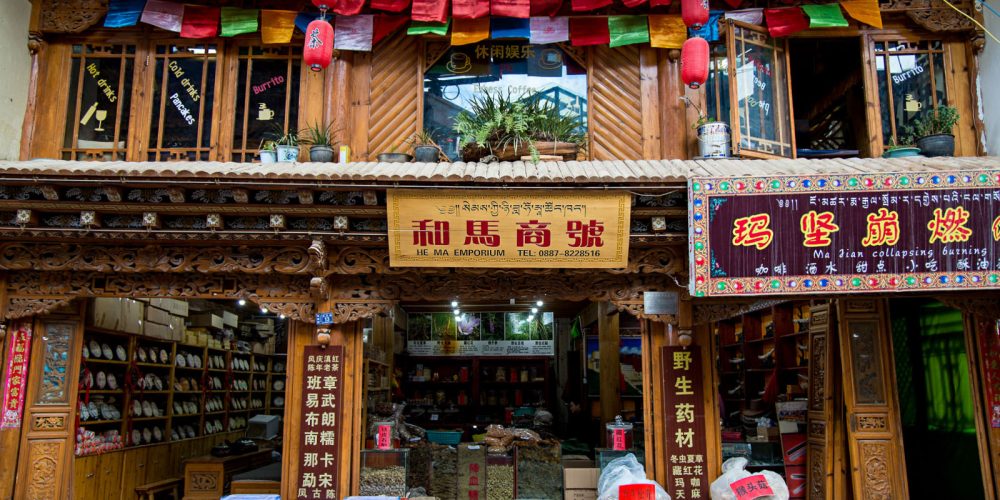[su_service title=”The View from a Wallet” icon=”icon: thumb-tack” size=”16″][/su_service]
Can some people from Europe imagine that, instead of banks or licensed exchange offices, the money is exchanged on the street according to a different exchange rate? Fine… some people can imagine it. For example, that was the case in the former Yugoslavia in 1993., although there had been other examples prior to that, due to hyperinflation – Germany, Hungary, and Greece. However, the definite currency devaluation champion outside Europe has been Zimbabwe.
China. Do not fool yourself with that information and do not abandon your plans for a visit to that country. On the other hand, do not stop thinking about the safety of your money and whether or not to watch your pockets at all times! Foreign currency exchange, foreign currency exchange, foreign currency exchange… upon arrival in China you will definitely not hear that kind of advertising, or at least it will not be done in such an indiscreet way.
China, money, inflation, foreign currency… no, no, no, do not jump to a conclusion yet. China has a well-organized banking system, and its transactions are safe. Frankly speaking, us tourists can sometimes be unreasonable too, because we think that we understand things that we do not know much about, but we come to regret at the end of the day! OK, there are some inexperienced and somewhat naive people, but we believe that there should be no excuses when it comes to doing a research before you go on a trip. Yes, we agree, a small number of tourists actually does their homework… Honestly, most of us do not get informed about the basic stuff such as a climate and air temperature, let alone money!
In fact, China has a very low inflation rate (5.1 percent in 2010), its economy is on the rise, and there is no need for any monetary transactions outside the banking system or licensed currency exchange offices.
[su_service title=”Advice” icon=”icon: lightbulb-o” size=”16″]
Keep your money in your pocket and make conversions as needed, but only in accredited banks or at licensed exchange desks which you can find in higher category hotels.
[/su_service]
Think about it… is it legal to exchange currency on the street? We think that it is self-explanatory and we are sure that you can easily fall victim to a scam if you trade currency on the black market.
[su_service title=”Note” icon=”icon: comment-o” size=”16″]
Whoever wants to visit China, for whatever reason, can exchange their money in a bank, which guarantees that they will neither get counterfeit bank notes nor be scammed in any other way.
[/su_service]
Even though we suppose that you are already familiar with it, we will remind you that the official currency in China is called Renminbi, which means People’s Currency, and its international currency code is CNY. The main unit of account is the yuan. Before you decide to go on a trip, keep in mind that you will be able to exchange cash or cheques in most banks in China if you are from the United States. Our honest advice is to stick with the banks, because any bank is a one-stop-shop for all kinds of conversions. Speaking of currency exchanges, you should know that it is possible to exchange money in a hotel if you are a guest. Do not be surprised if they ask to see your passport first… but they rarely do that.
If you carry debit cards, and you probably do, a network of banking machines offers the possibility for cash withdrawals. Of course, before you travel, it would not be a bad idea to check with your bank if you are going to be able to use your cards in China.
Cards, cards, cards… we know that MasterCard, Visa, and American Express cards are accepted in China and, besides better hotels, you can use them in department stores as well. The truth of the matter is that it is a good idea to check your credit card possibilities before you buy something.
When it comes to restaurants and small stores, the majority of them will not accept “plastic”. As we all know, cash is accepted everywhere and everyone prefers it, so be ready and go with the flow.
Very often we return home from a trip with pockets full of foreign currency we do not know what to do with… Once you have entered China, if you do everything in order the yuan will work to your advantage. We advise that you keep your currency exchange receipts from every transaction from a bank or hotel. You will need those receipts at the end of your trip, when you try to exchange the remainder of your yuans to some other currency that you want to take back home with you. Actually, the information about the receipts is old, so we are not sure how relevant it is. In any case, feel free to ask if it is necessary to keep your receipts. Honestly, when it comes to buying dollars, we have not had such an experience.
Bear in mind that the the highest currency exchange fee is at the airport, therefore we advise that you do that only after you have done your research and have become familiar with your surroundings… take it easy, do that after you have checked into a hotel, have rested, and have visited the area.
We remind you again that there is the black market which, you can guess, is illegal and we do not see any reason why you would want to cause problems for yourself, when the People’s Bank of China enables visitors from abroad to easily exchange currency both ways.
In any case, at the end of 2016, the banks which do business in China paid 7.4 Chinese yuans (CNY) for 1 euro (EUR) and 6.6 Chinese yuans (CNY) for 1 American dollar (USD).
In conclusion, do not think about how much money you will spend, but pay attention to where you will exchange the currency… Just enjoy, and the charm of China will take care of everything else.
[su_spacer size=”5″]
[su_divider text=”back to top” style=”dashed” size=”1″ margin=”0″]–[/su_divider]
[su_spacer size=”5″]
© triptease.me
author: Nenad Butaš
photo: Marko Rupena
text.en: Dragan Dobožanović
Content CANNOT be used without permission!

